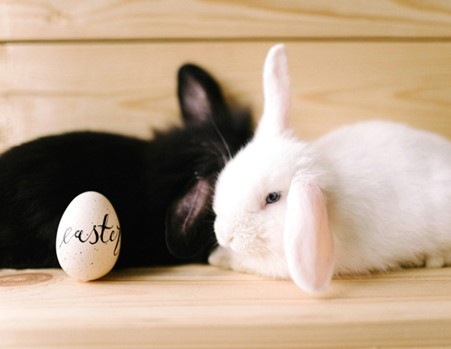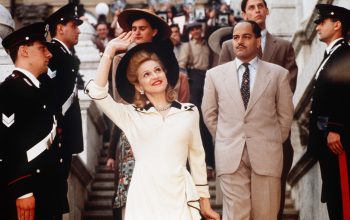Every year on Easter Sunday children participate in an egg hunt where they look for special treats left behind by the Easter bunny.
And every year the same question arises, how come? Bunnies don’t lay eggs.
The answer might surprise you.
It is a thousand-year-old tradition, dating back to 51 B.C.E during the Iron Age and the bunnies in question were hares not rabbits.
The first mention of hares was in Britain, when Julius Caesar said that they were sacred to Greek goddess, Aphrodite, and ordered that they not be eaten.
The Easter eggs are more linked to Pagan beliefs and were used in celebrations for a holiday called Eostre Month, after Eostre, the Pagan fertility goddess of humans and crops.
Christians adopted the celebration and geared it towards a more religious belief, saying the eggs represent Jesus’ emergence from the tomb and his resurrection.
Another take is that in the medieval period Christians were not allowed to eat eggs during Lent, so to celebrate the end of the fast, people would decorate the eggs and include them in the feast.
The egg-hunting aspect of the modern tradition comes from a German fable mentioned George Franck von Franckenau’s essay, About Easter Eggs.
The German fable says a hare would bring a basket of brightly painted eggs for all children who had been good, and that is why today people hide them for children to find.
In the 19th and 20th century egg-hunting became less of a religious celebration and more of a community tradition, celebrated by families and children on Easter.






